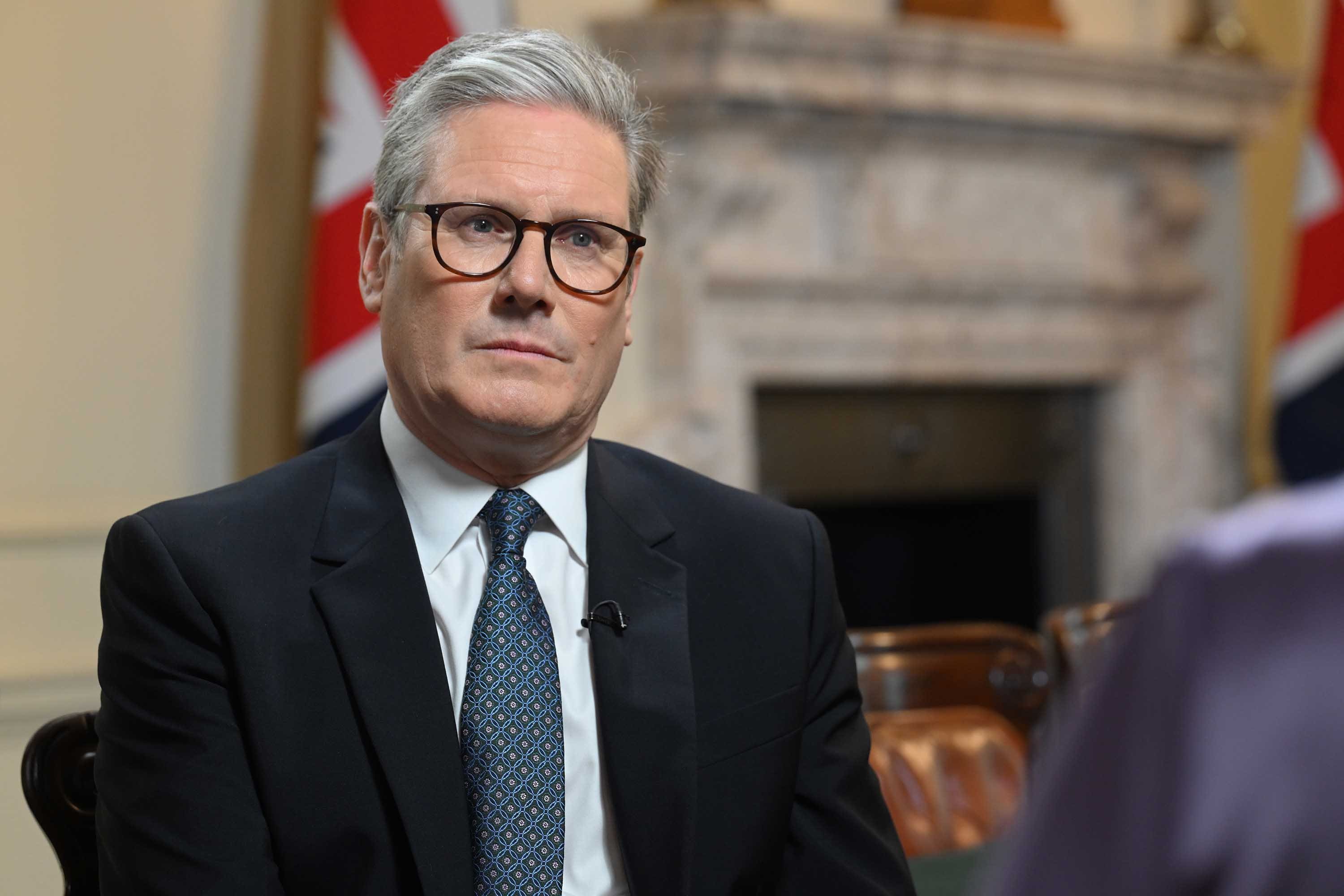Starmer says concerns over immigration and deprivation are no excuse for riots
Prime Minister says unrest across England after three children were killed was ‘pure thuggery’ and that disorder had no justification.

Your support helps us to tell the story
From reproductive rights to climate change to Big Tech, The Independent is on the ground when the story is developing. Whether it's investigating the financials of Elon Musk's pro-Trump PAC or producing our latest documentary, 'The A Word', which shines a light on the American women fighting for reproductive rights, we know how important it is to parse out the facts from the messaging.
At such a critical moment in US history, we need reporters on the ground. Your donation allows us to keep sending journalists to speak to both sides of the story.
The Independent is trusted by Americans across the entire political spectrum. And unlike many other quality news outlets, we choose not to lock Americans out of our reporting and analysis with paywalls. We believe quality journalism should be available to everyone, paid for by those who can afford it.
Your support makes all the difference.Sir Keir Starmer has said he will not “give an inch” to rioters as he dismissed concerns about immigration and deprivation as justification for riots across England during the summer.
The Prime Minister recognised that there were wider concerns about immigration and living standards and said that they needed to be addressed. However, Sir Keir called the unrest “pure thuggery” and said fears were not an excuse for rioters.
The National Police Chiefs’ Council said last week that police have made a total of 1,461 arrests since July 29. The CPS has brought a total of 965 charges.
Sir Keir told ITV Tyne Tees & Border: “I’m not prepared to give an inch of excuse to people who went on our streets – pure thuggery, terrified communities, tried to set light to buildings, (and) attacked the police.
“They needed to feel, and did feel, the full force of the law. And I don’t think anybody would disagree with that.”
He later added: “Is there a concern about deprivation? Yes. Is there a concern about issues like immigration? Yes, I readily accept that.
“We’re a democratic country and we settle those issues democratically. What I won’t countenance, and I don’t suppose anyone watching this will countenance, is those that took it on themselves to exact violence on other people.
“We debate difficult issues in this country (and) yes, we settle them democratically. Quite right. And there are people who agree with me or disagree with me – I absolutely understand that. (We are) determined to deal with deprivation, determined to deal with immigration. But I’m not going to give an inch to those that were violent.”
Sir Keir said politicians needed to be careful about the language they used about immigration. He was asked by ITV Calendar about his own comments during the general election that referenced difficulties in returning illegal migrants to Bangladesh.
Is there a concern about deprivation? Yes. Is there a concern about issues like immigration? Yes, I readily accept that
A survey published on Thursday found that the public vastly overestimates how much asylum seekers account for in UK immigration, leading to “skewed perceptions” that make the debate on migration “unbalanced”, according to new research.
The study by British Future and Ipsos found that, on average, respondents thought those seeking asylum represent 37% of total immigration when actually they accounted for only around 7% in the year ending in June 2024.
More than one in five (22%) thought asylum makes up more than half of the UK’s total immigration, according to the findings.
He said: “I think politicians need to be really careful about the language that they use.
“I accept that, you know, on issues like immigration, there are concerns across the country which need to be resolved. But I will never accept that that sort of disorder, that sort of violence is a way of settling any of those issues.
He later told the regional broadcaster: “What I said in relation to migration is it’s too high and needs to come down. I stand by that. I think we should be able to have a debate about that.
“This has got nothing to do with disorder. And I think anybody who’s conflating the two is making a huge mistake.”